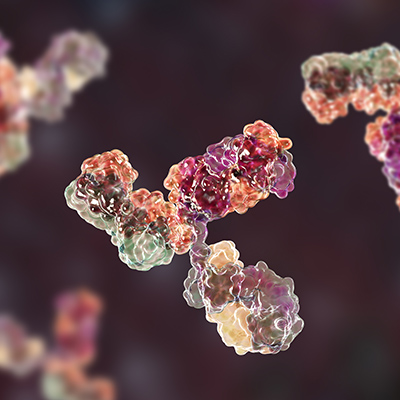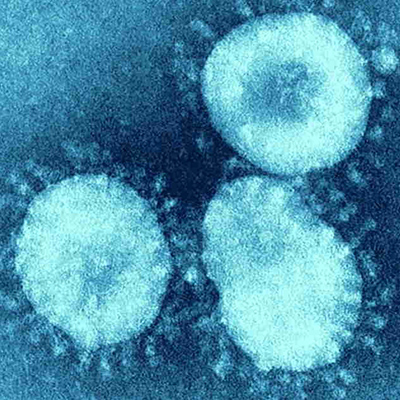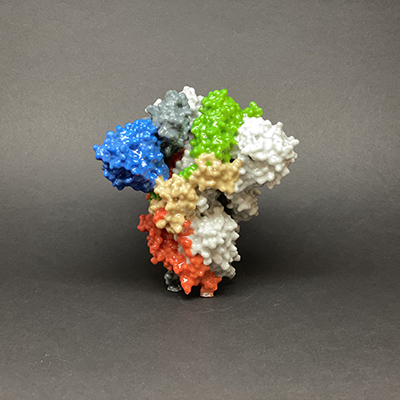May 22, 2020 -- U.K. virologists have reviewed over 40 studies on SARS-CoV-2 immunity and discussed how this current knowledge about immune responses can inform virus control strategies. They shared their analysis in an article published in the Journal of General Virology on May 20.
SARS-CoV-2, a novel coronavirus that emerged in 2019, is the seventh human coronavirus to be described. Four human coronaviruses circulate seasonally and cause common colds (alphacoronaviruses NL63 and 229E; betacoronaviruses HKU1 and OC43). Two other coronaviruses, SARS-CoV and MERS-CoV, have crossed from animal sources and have not become endemic.
"SARS-CoV-2 is a new virus in humans and because of this we are having to learn quickly many of its basic properties," said author Paul Kellam, PhD, a professor at Imperial College London, in a statement. "In the absence of such data right now, we can try to make predictions about the immune response to SARS-CoV-2 by [reexamining] what we know about the two epidemic coronavirus of humans, SARS and MERS, and the four seasonal human coronaviruses. We need to be cautious about inferring too much, but it is a good place to start."
A number of factors, including severity of disease and viral strain, influence how long antibody protection lasts. In the case of severe acute respiratory syndrome (SARS) and Middle East respiratory syndrome (MERS), antibody protection declines over time (two to three years) with those suffering the more severe disease having higher titer antibody responses for a longer period. The authors suggested that initial disease severity (endemic versus epidemic) may impact reinfection of coronaviruses in the population, with epidemic coronavirus antibodies providing only short-term protection.
In the absence of neutralizing antibodies, other types of immune responses -- memory and cytotoxic T cells -- may activate to minimize symptoms of infection. The authors noted that it is unclear what effect this type of immune response has on onward transmission of SARS-CoV-2, but it should not be excluded from factors impacting reinfection.
Investigating antibody immune responses to seasonal coronaviruses, the authors found that reinfection with homologous coronaviruses can occur after as little as 80 days, although with usually lower secondary infection viral load. These endemic coronaviruses cause infection either by virus escape from neutralization (drift), reinfection with a heterologous coronavirus of a different genotype (alpha- followed by betacoronavirus infections, or vice versa) due to lack of cross-protective antibodies, or reinfection with a homologous coronavirus due to subprotective or waning antibody responses.
Based on this information, the authors suggested that reinfection of previously mild SARS-CoV-2 cases is a realistic possibility and a second wave of the pandemic is plausible.
The authors advocate for collecting longitudinal serological data with binding titers and functional neutralization titers. They noted that viral load and antibody status should be recorded if reinfection is detected. The serological data collected from these patients in addition to studies exploring immune responses to the virus will inform vaccine deployment when initial supplies are limited. If vaccines are successful in engineering SARS-CoV-2 immunity, infection can be dramatically reduced or possibly eliminated, the authors suggested.
If SARS-CoV-2 becomes an endemic seasonal human coronavirus, then public health officials and researchers will need to develop susceptible, exposed, infected, recovered, susceptible (SEIRS) models to inform strategies to mitigate transmission of the virus.
"Understanding immune responses to these viruses is on many people's minds -- from the public hearing about vaccines, testing and antibodies, to policy makers, and scientists working on or with an interest in the current pandemic," said Alain Kohl, deputy editor-in-chief of J Gen Virol.
Do you have a unique perspective on your research related to virology or epidemiology? Contact the editor today to learn more.
Copyright © 2020 scienceboard.net









